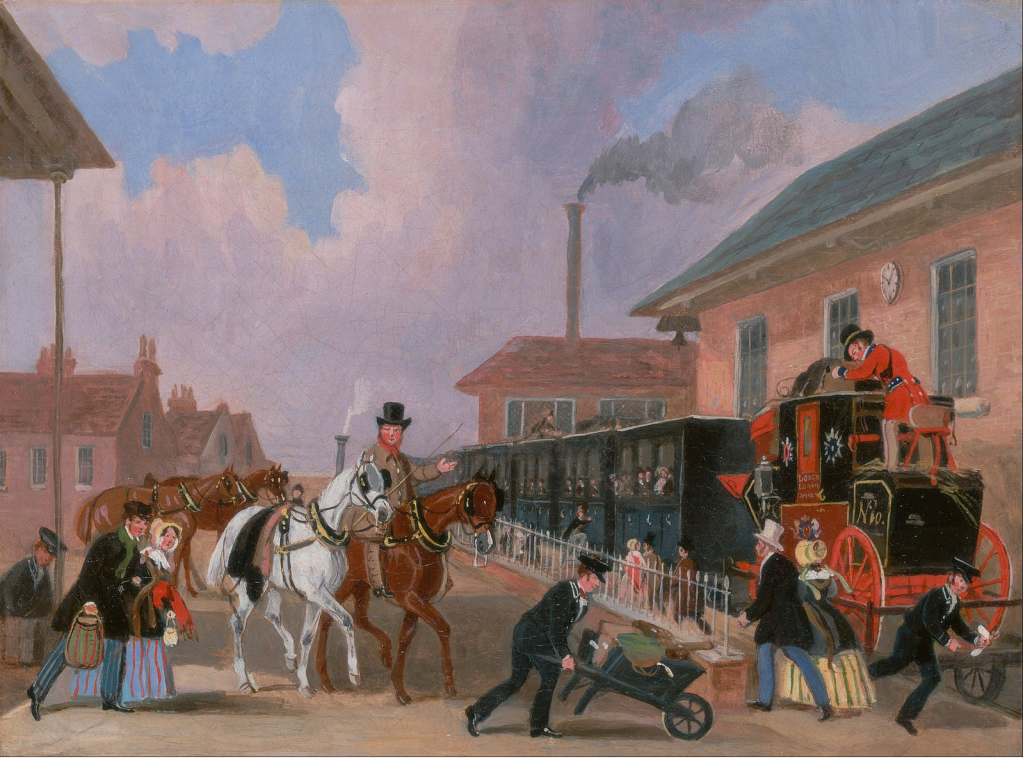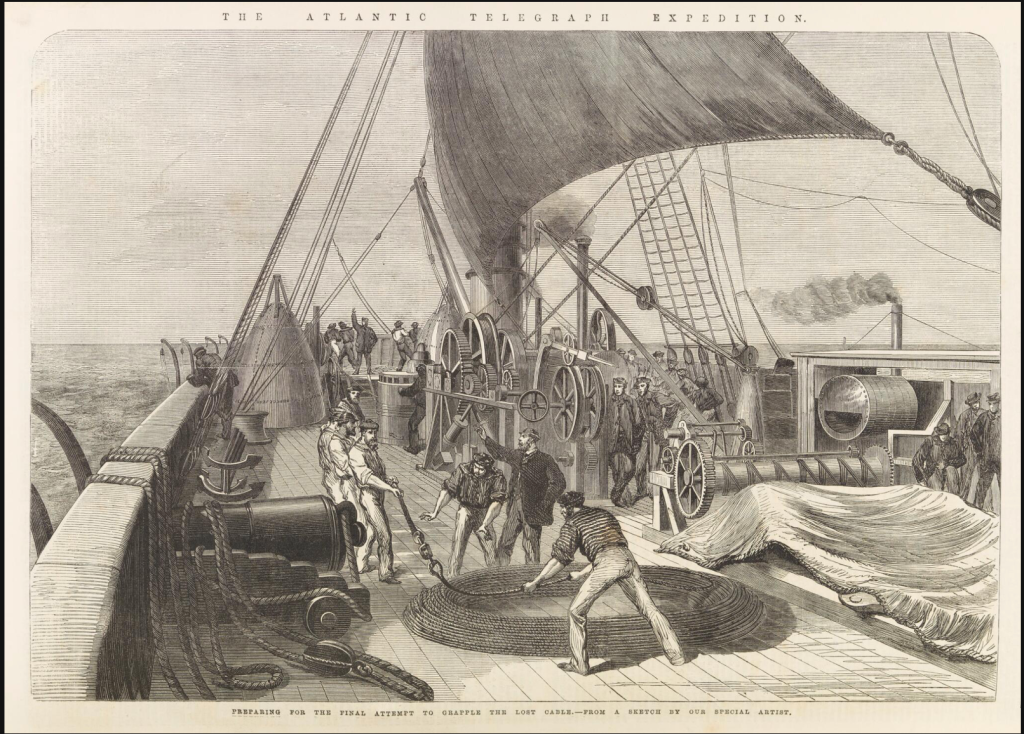Recently I’ve been contributing to a new series of stories, drawing on the archives of Lloyds’ Register – a fantastic archive, with a wealth of sources on many aspects of maritime, but also broader social, history. The full series can be found here: https://hec.lrfoundation.org.uk/whats-on/stories/
Part of my remit for the series of posts was to delve into the photographic archive of Lloyds’ surveyors…with some magnificent beards on show. But it also got me thinking about some of the issues involved in health and travel. With their permission I’m sharing one of the posts, about advice for travellers from Victorian physicians.
Today we are able to travel potentially thousands of miles in a single day, in a comfortable seat, served a meal, and hopefully arriving in good shape ready for a holiday or a business meeting. But as we explored in other posts, the surveyors of Lloyds’ Register were often required to undertake a great deal of travel in the course of their work, and sometimes over long distances. In the course of their work, were they putting themselves and their health in danger?
Many medical practitioners thought so. In the 19th century, travelling, especially often, could be risky, uncomfortable and, as some argued, even dangerous to health. A range of books were becoming available aimed at the growing numbers of travellers, warning them of the potential dangers that could await them on a long journey if they did not take necessary precautions.
One example from 1883, The Book of Health gives a useful insight into the sorts of attitudes that medical practitioners held about travel. The book contained a detailed section by the University College Hospital physician J. Russell Reynolds titled ‘Travelling: its influence upon health’. Here Reynolds was keen to set out different circumstances in which travel (which he defined as ‘all that is involved in locomotion’!) and how tey could be negotiated in order to make it as easy and painless as possible.

One of the first issues he dealt with was the length of the journey. Shorter and infrequent journeys, he argued, were usually fine, and ‘travelling in moderation is a matter of utter indifference to the majority of people’. But if an individual was ‘utterly unaccustomed’ to traveling by road, rail, horse or boat, any number of ‘peculiar effects’ might be experienced, which might be painful, distressing or even dangerous. These could range from fatigue and muscle ache, to complete exhaustion, particularly if the only distance an individual was accustomed to was between their ‘bed, chair and chimney corner’.
If they weren’t used to it, the short sea voyage from Folkestone to France could be an ordeal and ‘a thing to be dreaded’. Long trips on crowded trains or bumpy carriages brought all manner of miseries, leaving people feeling giddy, looking pale and ‘disturbed for hours or days afterwards’ by the experience.

But there were a second group of travellers, such as the Lloyds’ surveyors, for whom regular travel was part of their working life. As such, they faced different challenges. One was, argued Reynolds, simply the ‘dull monotony’ of regular journeys, which could make the traveller feel listless, tired and longing for a rest, not to mention the many petty annoyances caused by other travellers…something the modern commuter can sympathise with! Another was the issue of trying to focus on working and reading whilst on a journey, which ‘neither improves the brain or the mind’. The regular traveller was argued to often neglect food and diet, at the expense of his health, but worse still was the ‘fidgety anxiety and unrest’ caused by the journey.
Indeed, the ‘compulsory journeys’ of the commercial traveller, undertaken for business and not pleasure, were viewed as worst of all since the traveller had no control over his trip, and was simply forced to head off to far flung territories at the whims of his employer. This, said Reynolds, could only be injurious to his health and state of mind!
Once underway, or arrived at their destination, the unwary traveller faced different challenges, most notably the change of air, climate and food, each of which had the potential to leave them with a ‘tired brain and a disordered stomach’. Whilst ‘something really wholesome and palatable’ might be obtained in larger towns in Europe, ‘stale, hard cheese, some musty bread and sour beer’ was a constant hazard, and a heavy midday meal was ‘a terrible burden to the Englishman’! All manner of local diseases, to which the English traveller had no resistance, lurked in food, water and the environment, putting them at risk.
But it wasn’t all bad news, and there were also many potential health benefits. In fact, regular sea travellers were perhaps the best placed to enjoy them since going by sea was seen as the most beneficial. A long sea voyage, for example, might give the traveller a welcome escape from an unhealthy city environment, and an opportunity to rest. Whilst journeys by carriage or rail might be shorter, they were also potentially more uncomfortable, shorter and involved added stresses such as meeting connections, and less opportunity to relax, eat and read the newspaper. A journey by boat, however, promised long days out of reach of letter and newspaper, routine without monotony, and the restorative benefits of sea air.
